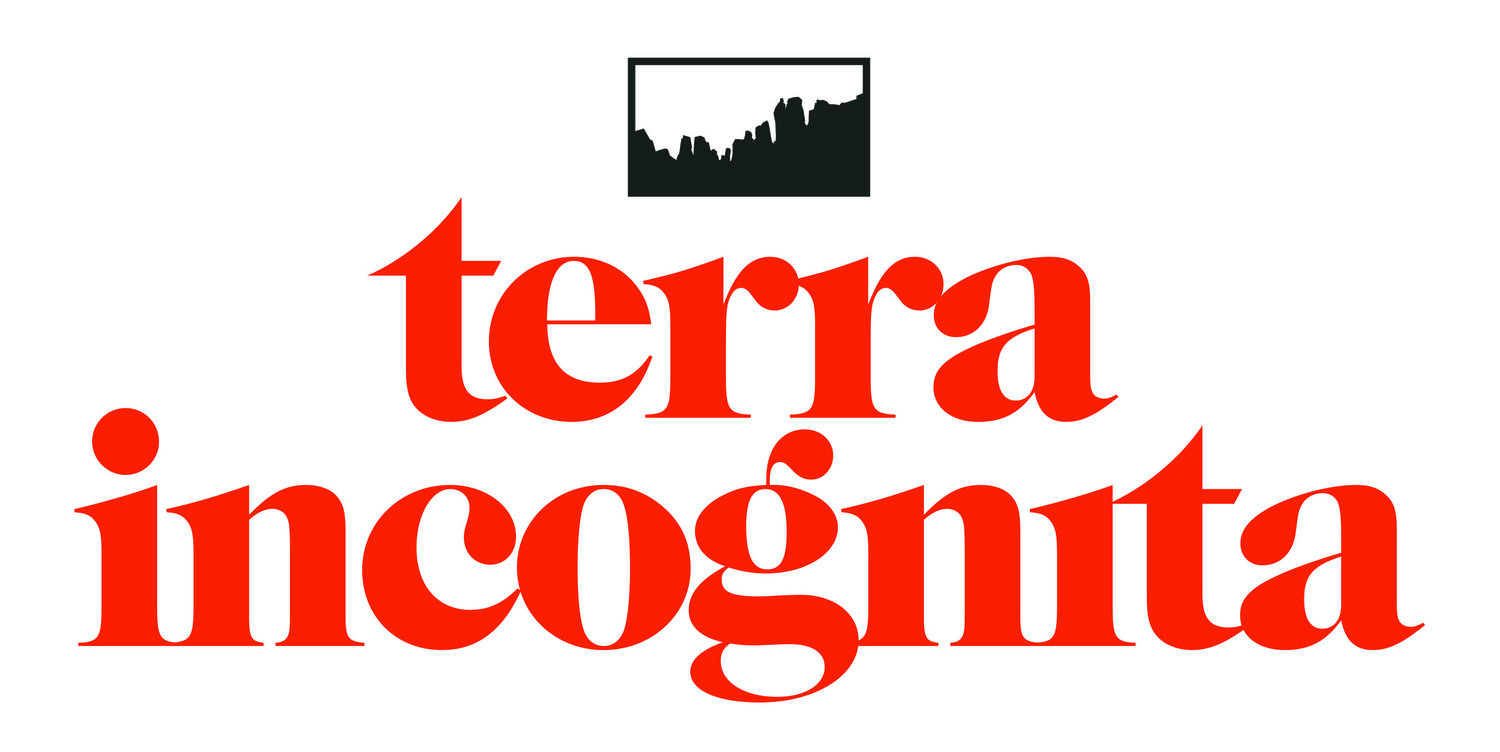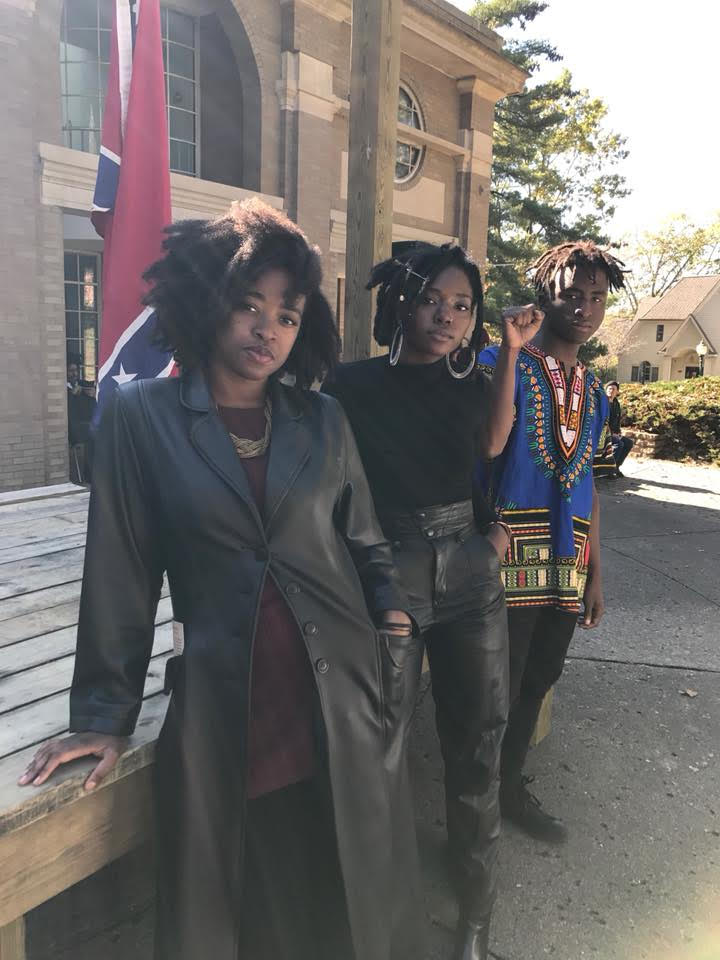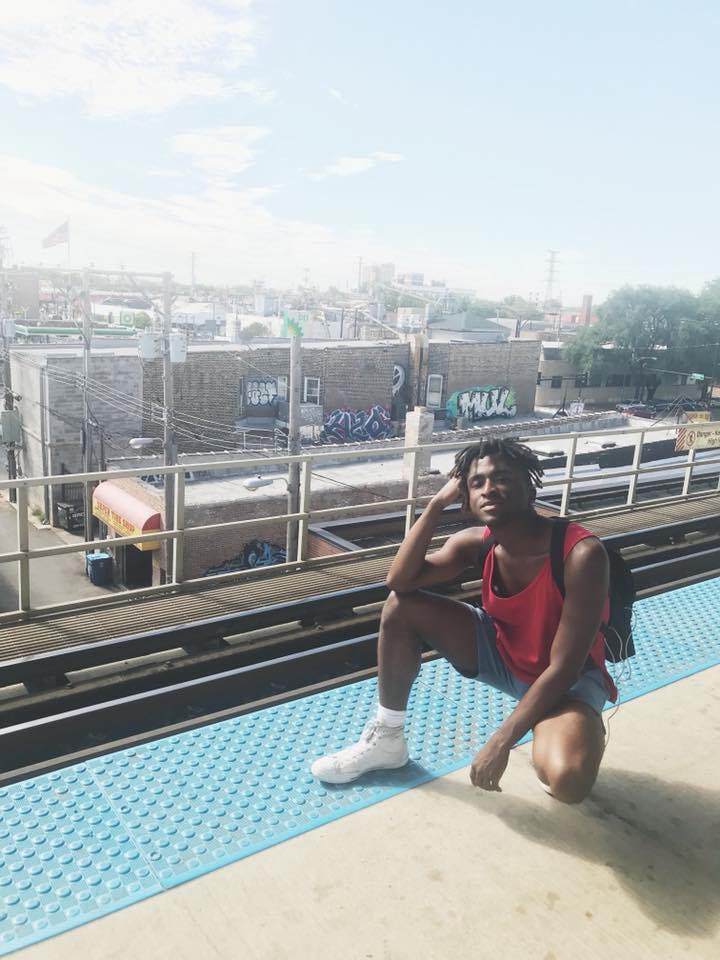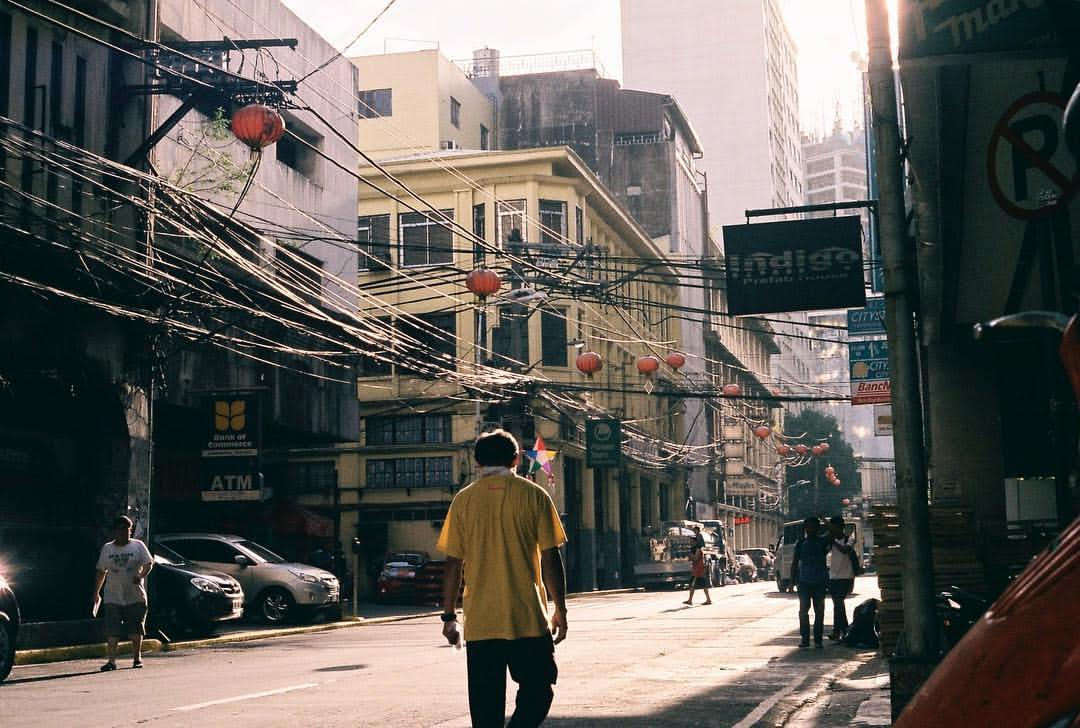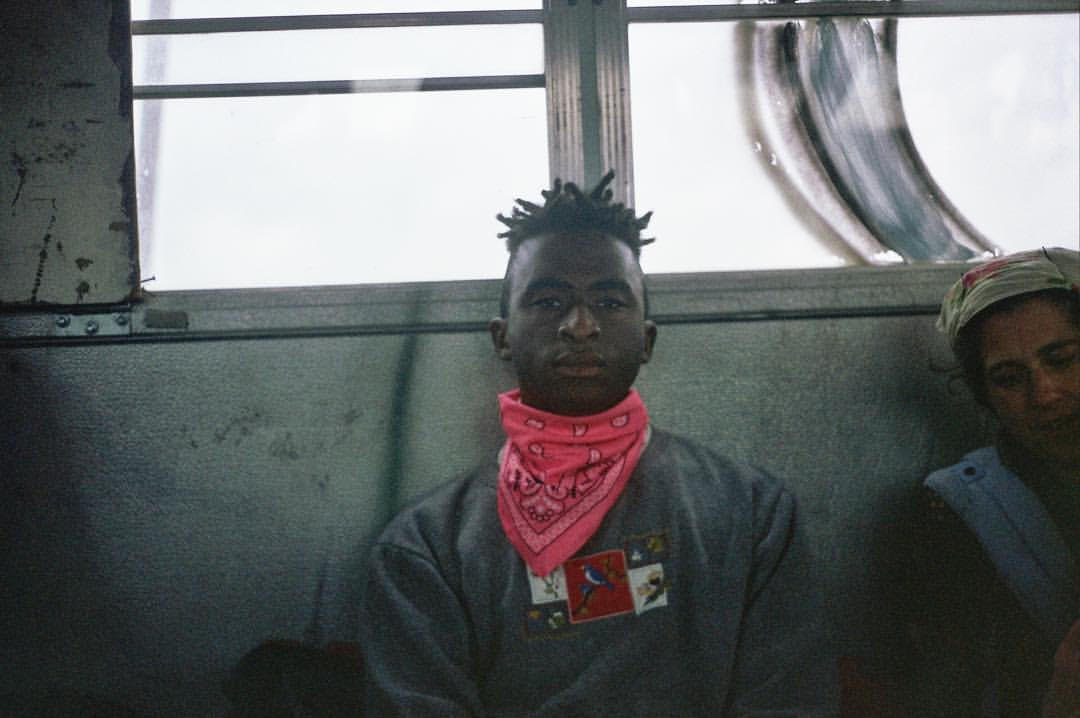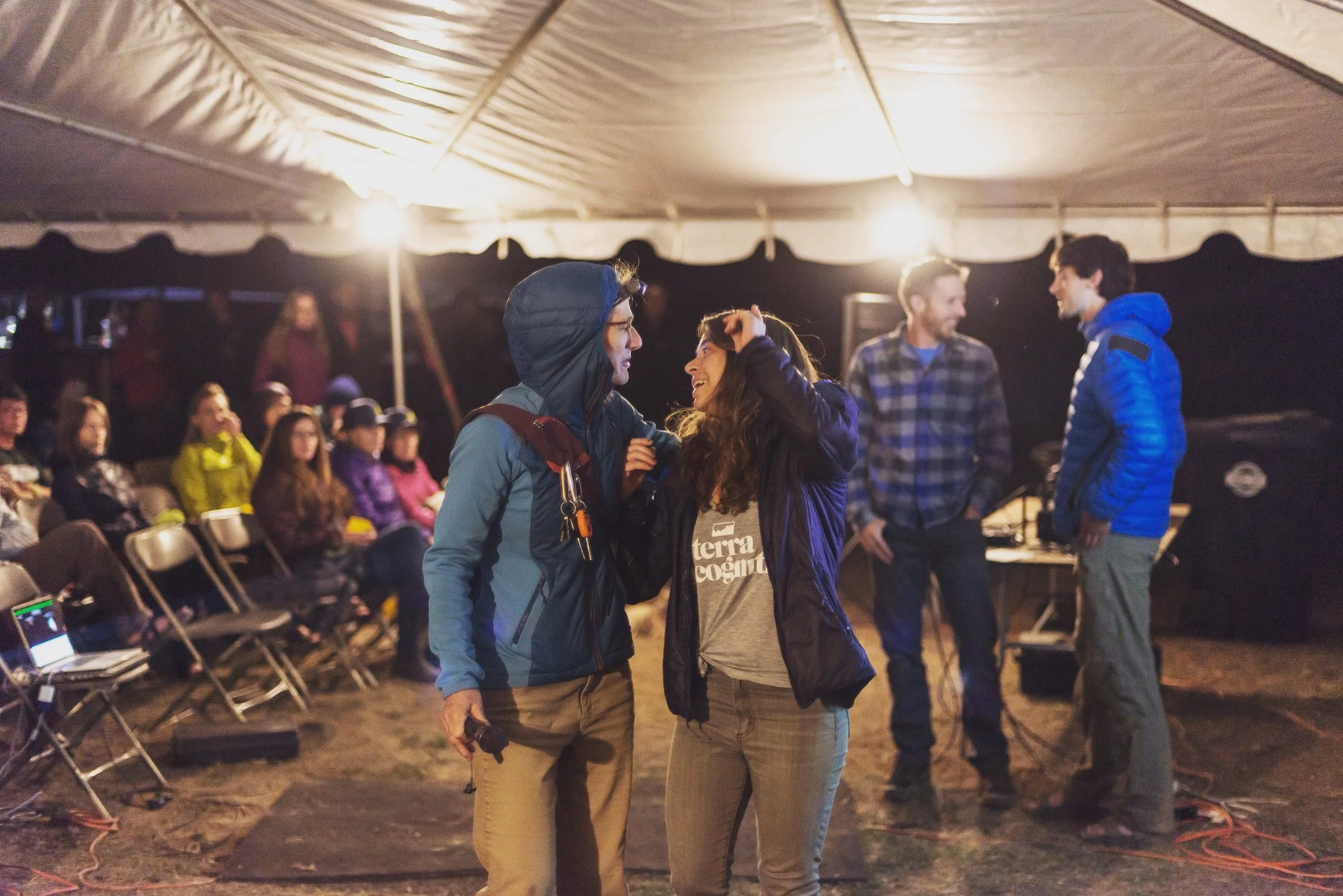Casual Racism: A Conversation with Prince Shakur
All photography courtesy of Prince Shakur
Prince Shakur is a pro-black, feminist, lover of locs, queer with restless feet, writer, activist, and filmmaker who grew up in Jamaica and moved to the U.S. when he was young. Shakur has traveled extensively and holds an impressive resume of published written works, and he's only 23. His essay, "A Black Traveler Confronts Racism at a Montana Resort," published recently in Outside magazine, provides an insightful and raw account of Shakur's time working and living in Big Sky, Montana, a remote ski town in the Rockies. In this interview, Shakur opens up about the nuances of taking up space, how everything is political, and the important labor of being honest. You can find more of Shakur’s work in Teen Vogue, Into, Medium, and Rewire. Be sure to check out his media project, Two Woke Minds, in which Shakur and creative partner, Eli Hiller, discuss their experiences and thoughts as two people of color traveling. They expose truths not revealed in mainstream travel writing or vlogging, and dive into topics like the myth of “reverse racism,” Trump voters, and other social issues including what’s going on with activism in St. Louis.
Follow along:
Instagram: @sweetblackprince
twitter: @prshakur
You can follow his creative partner, Eli Hiller @elihiller
Youtube: twowokeminds
Shakur's Thoughts On Taking Up Space and Travel Writing:
“I definitely view it as how we take up space is dependent upon the stories we’ve been told, and the stories we tell other people. So, for me, I was very shy as a kid. I was also a little bit more nerdy. I wasn’t athletic. I definitely was bullied and ridiculed, and through me getting to where I am right now, I definitely had to learn to own my space. And part of that is owning my identity and my blackness. And I think there’s so many different ways that I can take up space, and do that in a way that is revolutionary or radical because black bodies are killed all the time, so what does it mean to be proud and visible and loud.”
“I definitely learned at Standing Rock more than many other places that if you want to be a part of a movement, be prepared to be a part of it …I don’t know if you’ve seen the documentary ‘Who’s Streets,’ but I watched it recently…and there was a scene where [one of the main organizers is] on the highway and she’s in the blocked traffic, and she says to everyone, ‘If you are here, and you’re not here to get arrested you need to leave.’ And so I think when people decide to be in these spaces and resist, and speak truth to power, you better be there and be there in a way that you are needed. And that’s something that I take very seriously. It’s something that I try to live every day. I know every time I write something, every time I put something out on the internet, every time I wear a piece of clothing that has a radical message, I’m putting myself at risk, but I’m also demanding space that is mine because I’m a human being and I deserve to live, and it’s necessary. If I don’t do that then I’m not owning what I have, which I think is really, really necessary.”
“… I think if you look at traveling from an anti-colonialist construct…I think about it in terms of when I was visiting Jamaica all the time, I had an aunt that worked at a resort. And I would literally see white people come to Jamaica and never leave this resort. You gotta eat some jerk chicken! You’re in Jamaica! Even at a young level, I sort of knew that tourism and industry sort of stripped these places of their authenticity, so that’s definitely been a part of the way that I view travel and tavel vlogging. Additionally, as an activist, around this time last year, I spent a month in Standing Rock, Nort Dakota, and as an organizer, I think a lot of us try to understand that the mainstream media doesn’t portray events accurately at all. And so being at Standing Rock, and being livestreamers, and people that run independent media sources, I was really inspired. Because I saw that I was seeing and experiencing these things that were so intense. I would see so many acts of violence…I think when we think think about travel and travel writing, documenting, I don’t think it’s all about showing the joy in a lot of these landscapes. It’s about showing what’s human, what’s scary. It’s about intersectionality. And I think travel writing can definitely use a big dose of that, but I think we also have to question, ask the question, ‘How does making a profit off of what you write, how does that affect the people that gather there?’”
Questions We Discuss
1. Tell me a little about yourself – where you grew up, and how you came to do what you do now?
2. I saw on Twitter you wrote about the labor of being honest despite it being difficult to talk about the issues of racism and microaggressions as a person of color. Can you talk about this a little more?
3. In your Outside article you talk about growing up in Jamaica and described going out to the “country.” Can you talk about this your relationship to the outdoors?
4. When you moved to the U.S. you talk about the unique isolation you felt when you would be living in small towns situated in beautiful natural areas. You talk about working at Big Sky resort and the racism you experienced. I worked in Mammoth, CA this last summer and this doesn’t surprise me. I saw that the general manager responded. His response is chock-full of asshole excuses and gratuitous statements that assert that he is by no means racist: “as one raised in the south,” “exquisitely sensitive,” “we will continue to have zero tolerance,” (like, what does that mean?) and then the ridiculous spiel about the demographics. Give me a break. What are your thoughts on this?
5. You said Edward Abbey originally inspired you to move West? It’s funny because I read him in college and moved to Moab, Utah because of him. Then found out how misogynistic he was. How do you perceive him now, as well as any of the literature that inspired you in your younger days?
6. Who do you read now for outdoor inspiration specifically?
7. Casual racism in the outdoor industry is everywhere. Yet, we have campaigns calling for “diversity” that are really trending. What are your thoughts on the hoopla around the word “diversity?”
8. There is a systematic history of using the lowest common-denominator workforce for the lowest possible price and then benefitting from that in our country. Like in the 1800s, laborers making clothes, and the people making money off of them were all rich, male, white traders. You mentioned this dynamic with housekeeping positions that you held when living in Montana, and made the connection about your Jamaican grandmother cleaning homes of upper-class white families. What are your observations about how this plays out in resort towns/outdoor destinations?
9. I have often been met with people saying, “nature isn’t political.” Which is trash. But this is clearly coming from a conception of the outdoors that people have that our culture has been churning out and has created with our national parks, the “frontier,” the wilderness, etc. What narrative do you see being told and perpetuated?
10. What are your thoughts on outdoor campaigns like REI’s “opt outside,” or “force of nature,” or North Face’s “Walls are Meant for Climbing.”
11. It is clear you are are getting at the complacency and complicity of white people in your Outside essay. Can you talk about this a little bit?
12. Can you talk about space: what it means to you to take up space, in natural spaces, or moving between the city/urban life to the outdoors? What is that transition like for you? If there is a transition-y feeling at all?
13. The outdoor industry is just that – an industry. Do you see systemic change happening within it? Is it even possible? (getting at capitalism and how it fails….)
14. Can you tell me about Two Woke Minds?
15. What are the struggles you have faced with doing this project? The struggles with traveling?
16. What are your thoughts on travel writing/reporting/vlogging?
17. We live in a white supremacist, settler-colonial state. What is the outdoor industry’s relationship to this in your opinion?
18. You identify as a feminist in your bios online. Can you talk about what feminism means to you? And your relationship to it?
19. What are your thoughts about toxic masculinity in outdoor culture?
20. If you could correspond with any past environmentalist/writer/activist, who would it be and why?
21. What’s a book that you wish more people would read?
22. What are the projects that you’re working on now? Anything you want our audience to know and be on the lookout for? How can people find you and indulge in your work?
